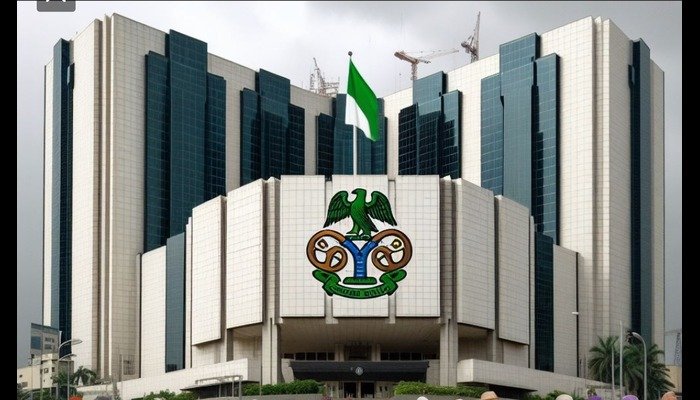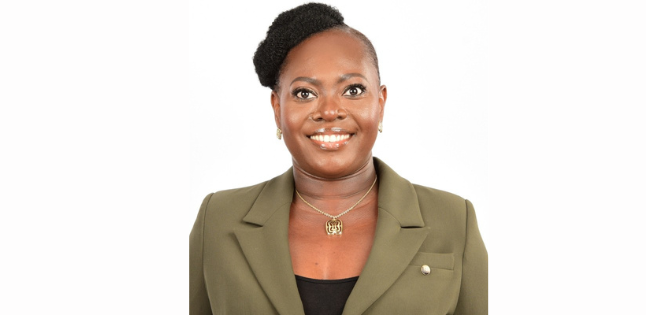

New Q3 Report Shows 14.01% Improvement in Nigeria’s Banking Sector Capital Adequacy
The Central Bank of Nigeria (CBN) has announced a significant improvement in the banking sector’s Capital Adequacy Ratio (CAR), which rose to 14.01% in the third quarter (Q3) of 2024, up from 12.52% in the second quarter (Q2) of 2024. This 1.49 percentage point increase underscores the enhanced resilience and stability of the banking sector amidst prevailing economic challenges.
The CBN’s Q3 economic report attributes this development to the improvement in banks’ total qualifying capital and a reduction in risk-weighted assets. The ratio remains above the 10.0% benchmark for banks with national/regional authorization, though it is still below the 15.0% threshold for banks with international authorization.
However, the report revealed a slight deterioration in asset quality, as indicated by the increase in the non-performing loans (NPL) ratio, which rose by 0.68 percentage points to 4.58% from 3.90% at the end of June 2024. Despite this, the NPL ratio remains below the prudential benchmark of 5.0%.
The industry Liquidity Ratio (LR) also saw growth, increasing by 2.47 percentage points to 46.06% from 43.59% in the previous quarter. This LR remains well above the minimum regulatory benchmark of 30.0%, indicating sufficient liquidity within the banking sector.
The CBN noted a decline in subscriptions for Nigerian Treasury Bills (NTBs) and Federal Government of Nigeria (FGN) Bonds during the period under review, compared to the previous quarter. Total NTBs offered, subscribed, and allotted across tenors were N1.69 trillion, N4.19 trillion, and N1.62 trillion, respectively, compared to N1.47 trillion, N6.98 trillion, and N2.85 trillion in Q2 2024. The lower subscription levels were accompanied by higher stop rates on all maturities.
FGN Bonds of various tranches were also offered in Q3 2024, with amounts offered, subscribed, and allotted at N0.64 trillion, N1.15 trillion, and N0.86 trillion, respectively, compared to N1.35 trillion, N1.78 trillion, and N1.30 trillion in the previous quarter. The marginal rate increased to 20.49% from 20.37%, while the bid rate stood at 22.00%, up from 19.00%. The lower demand for longer-tenured government securities was attributed to inflation expectations.
These figures highlight the ongoing efforts and challenges within Nigeria’s banking sector as it navigates economic conditions while striving to maintain stability and growth.















